

SOCIAL
Professor Ahwoi outlines fifteen-Point action plan to promote decentralization
A former Local Government Minister and International Expert and Consultant on Decentralization and Democratic Transition, Professor Kwamena Ahwoi, has proposed a fifteen-Point programme of action for the future of democratic decentralization for development in Ghana.
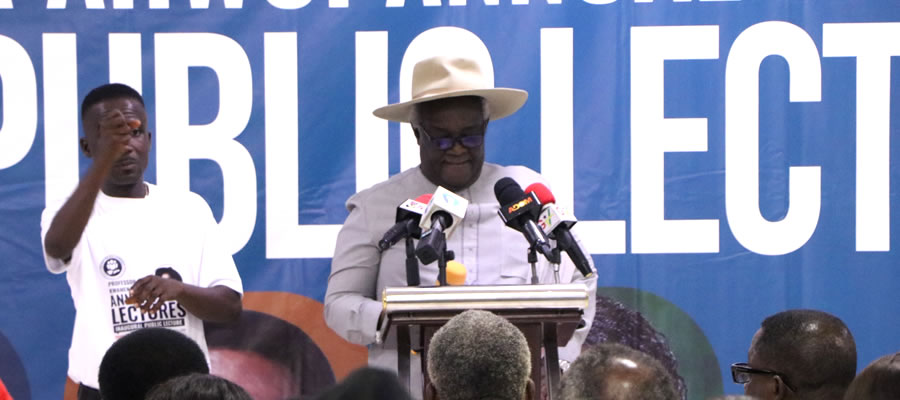
Date Created : 10/21/2024 : Story Author : Emmanuel Frimpong/Ghanadistricts.com
The action-plan, grouped in five thematic areas including political decentralization; administrative decentralization; decentralized planning; fiscal decentralization; and popular participation, if adopted and put into practice, are expected to enable the country secure the decentralization and local governance future that Ghana urgently desire.
These key fifteen-Point programmes of action for the future were revealed at the inaugural Professor Kwamena Ahwoi Annual Local Governance Lecture which was under the theme: “Local Government and Decentralization in Ghana: the Past, Present and the Future”.
In his keynote lecture, Professor Kwamena Ahwoi, revealed that under political decentralization, the ministry intends to strengthen mechanisms to promote local democracy, review relevant legal, policy and institutional arrangements to promote democracy, transparent and inclusive local governance.
He added that the administrative decentralization will also look to reclassify functions and responsibilities for the decentralized public service sector; accelerate the establishment and integration of the department of the MMDAs.
Mr Ahwoi continued that the planning and fiscal decentralization will also strengthen the planning system to be responsive to urban and rural development, strengthen rural and urban housing schemes to reduce housing deficit among others.
He added that popular participation will encourage more women participation in local governance and also strengthen social accountability at the district and regional level.
The Chairperson of the lecture, who is also the Member of Parliament for Ablekuma South Constituency, Alfred Okoe Vanderpuije, on his part, hailed Professor Ahwoi for his significant role with regards to policy making in the implementation and commitment towards local governance.
Mr Vanderpuije, who served as the Mayor of Accra under the erstwhile John Mahama administration, described the lecture as a positive step that will enable professor Ahwoi to return to his good old days to reflect on all his works and look at it in the present times and see if it can be improved upon to help resolve the present difficulties in the local governance sector.
The MP therefore endorsed Professor Ahwoi’s fifteen-points and called for a consultative meeting regardless of which political party wins the December 7th general elections, where stakeholders will come together and deliberate on recommendations given at the lecture and adopt them as action plans to improve Ghana’s local government setup.
Touching on gender inclusivity at the local level, Madam Emelia Arthur, a Former Deputy Western Regional Minister, Presidential Staffer and also a Former Municipal Chief Executive of Shama during the Mahama Administration, said it was important that successive governments work to balance and ensure that women are well represented in Ghana’s political front, especially, at the local level.
According to her, gender balancing was not just in the interest of women but rather a national interest, explaining that the issue of gender cannot be equated to just women but rather it refers to the processes and systems of decision making that impact on both men and women in the society.
“So it is extremely important that we have enough women and men at the table especially when it comes to decision making"
“Because local government is important for local development, it is important that all people are represented at the table”, she added.
Dr Richard Fiadomor, President of the Chamber for Local Government (ChaLoG), which served as a key partner of the Lecture, applauded Hon. Kwamena Ahwoi for his role in the local governance space, adding that the project will bring on board experts and practitioners to be able to share ideas and also bring to bear some new developments as far as local governance is concerned.
He explained that the lecture seeks to create an enabling environment or platform that will help address the difficulties associated with local governance.
He was of the view that the local government setup was full of politics hence people are always shy of voicing out their opinion but was quick to add that the platform will give voice to the voiceless and allow people share their intellectual ideas, abilities and capabilities to improve local governance.
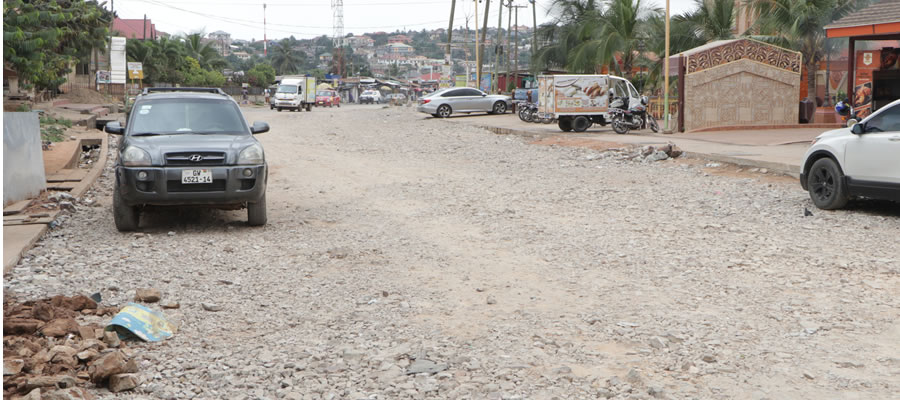
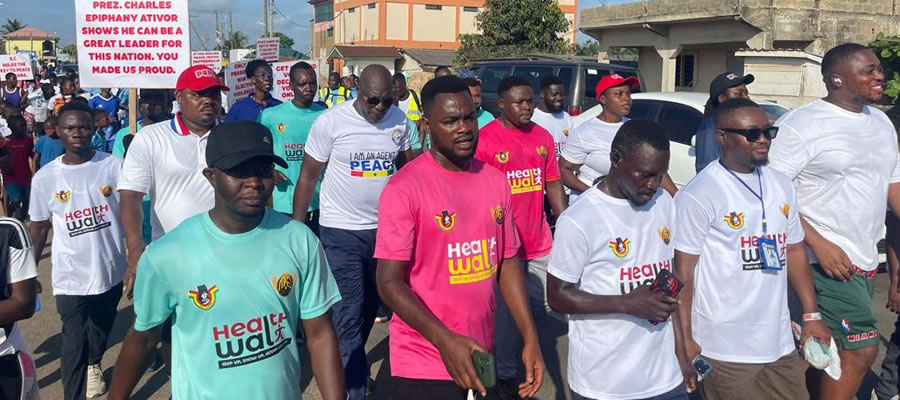
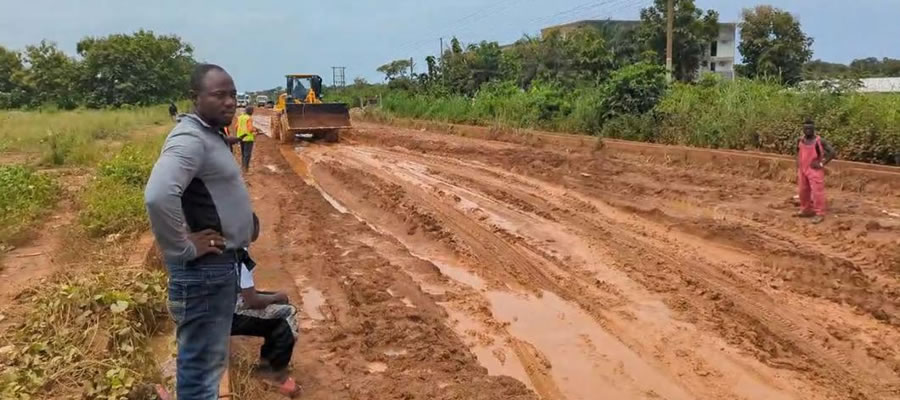
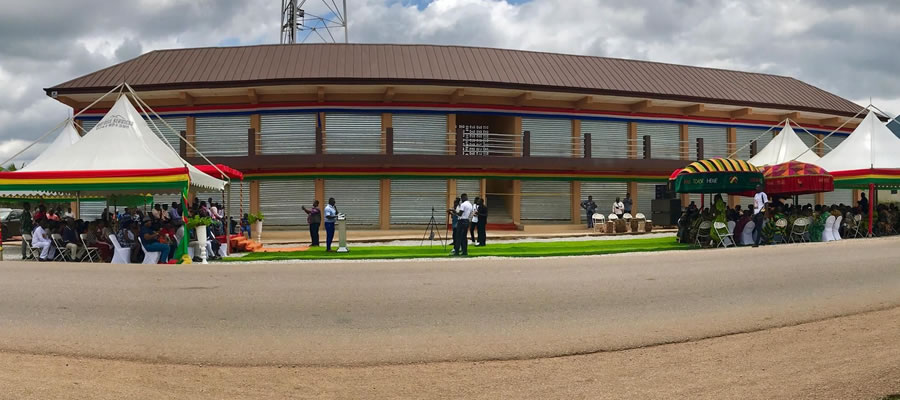

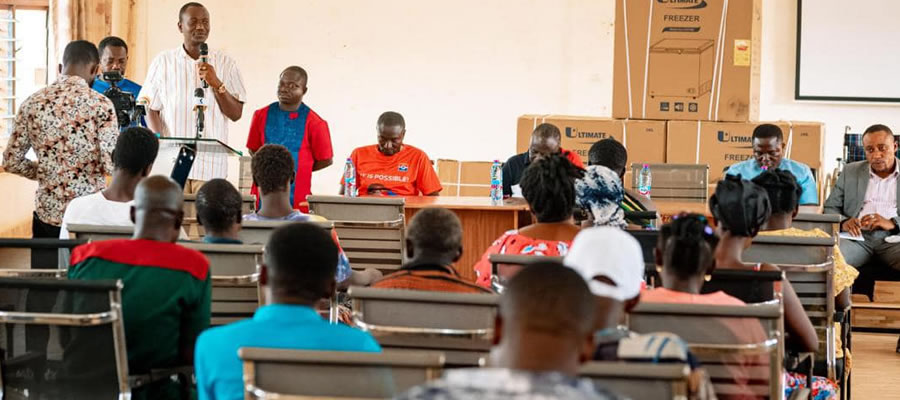
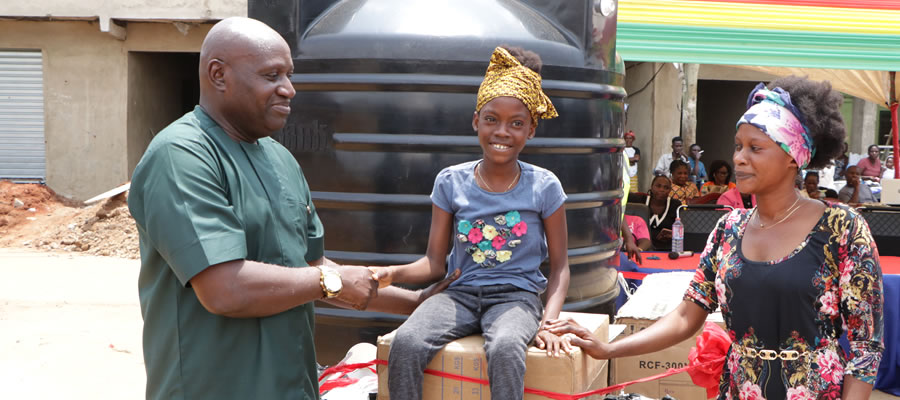
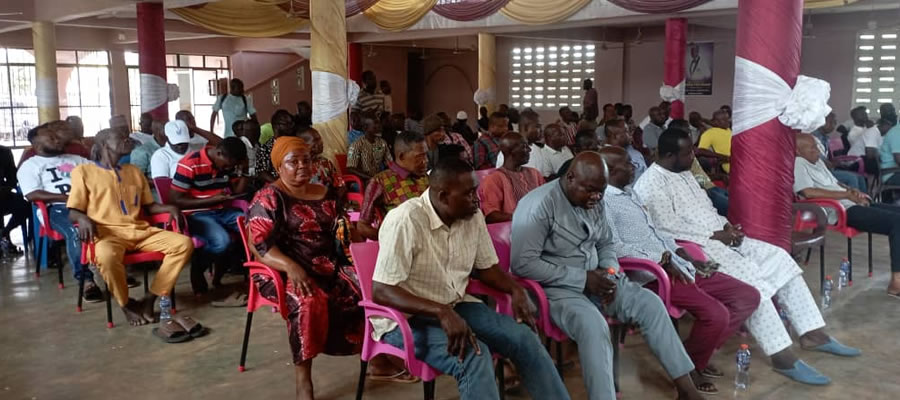
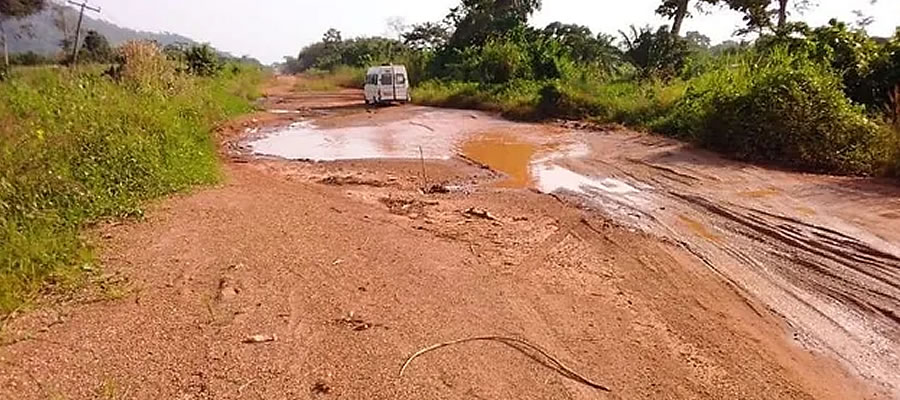
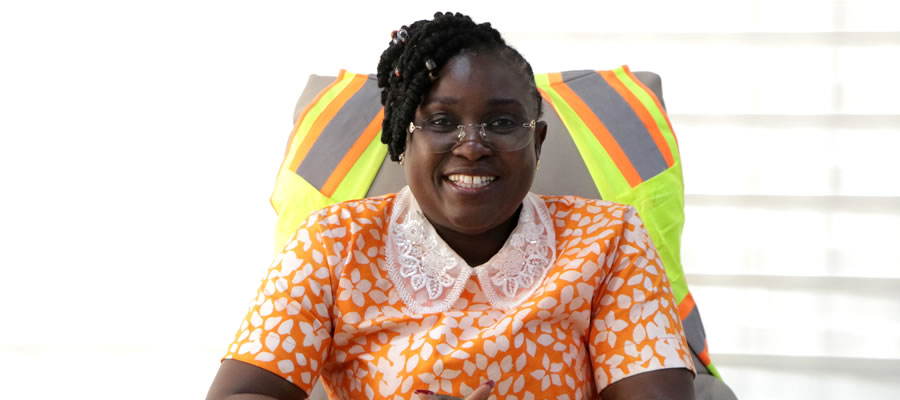
 facebook
facebook
 twitter
twitter
 Youtube
Youtube
 +233 593 831 280
+233 593 831 280 0800 430 430
0800 430 430 GPS: GE-231-4383
GPS: GE-231-4383 info@ghanadistricts.com
info@ghanadistricts.com Box GP1044, Accra, Ghana
Box GP1044, Accra, Ghana